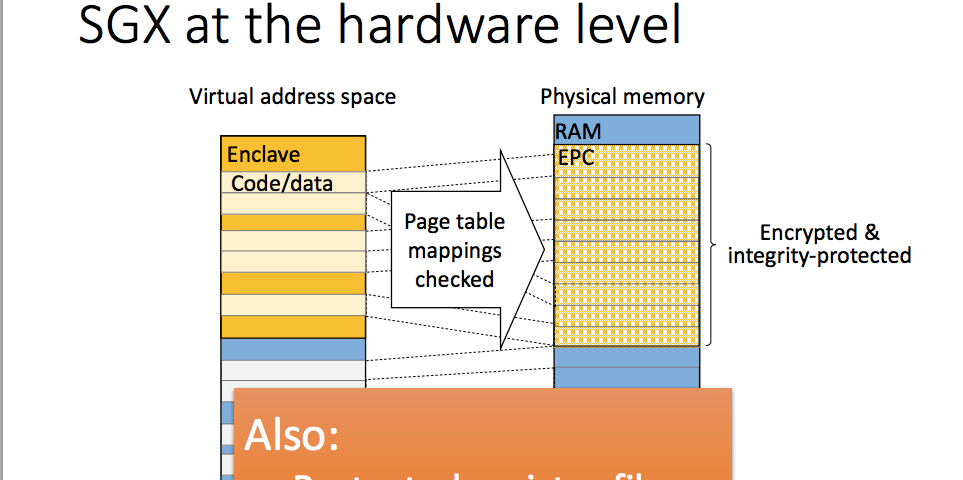Understanding Code-Reuse Attacks and Reducing Attack Surface
Georgios Portokalidis came to MIT to talk about his recent work on understanding code-reuse attacks.
What is a code reuse attack? They are attacks repurposing existing components. In particular, they…

